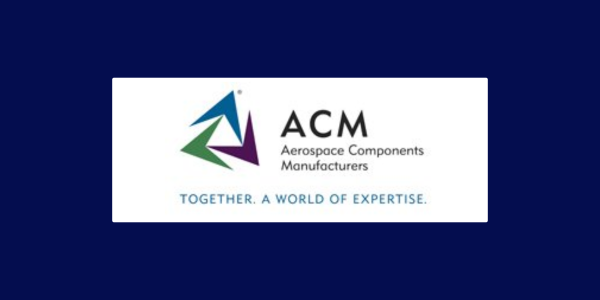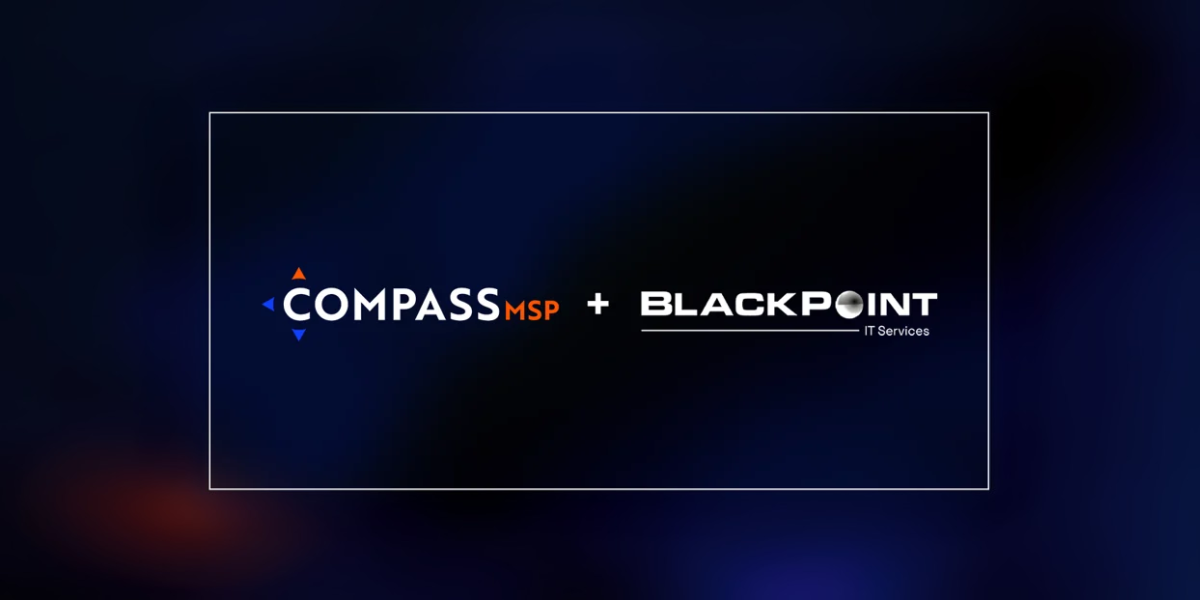Compliance standards play a crucial role in safeguarding sensitive data, ensuring regulatory compliance, and ensuring business continuity. Different sectors, from healthcare to government contracting, face unique compliance requirements that shape their cybersecurity strategies. A clear understanding of applicable standards ensures preparedness and risk mitigation. Proactively monitoring regulatory updates ensures timely implementation and audit readiness. Expert partners prevent costly oversights and reinforce long-term resilience.
Quick-Reference Checklist of Compliance Standards
Understanding which compliance standards apply to your industry helps prioritize actions, reduce risk, and ensure readiness for audits or certifications. Each framework carries unique technical, legal, and operational requirements based on the data you handle and the partners you serve.
- CMMC Compliance - Required for defense contractors handling Federal Contract Information or Controlled Unclassified Information.
- HIPAA/HITECH - Applies to healthcare organizations managing electronic protected health information. Requires risk assessments, access controls, and breach notification policies.
- PCI DSS - Mandatory for businesses processing credit card payments. Focuses on data encryption, secure networks, and routine vulnerability scanning.
- FedRAMP - Applies to cloud service providers working with U.S. federal agencies. Requires adherence to NIST 800-53 controls and continuous monitoring.
- SOX & FINRA - Targets public companies and broker-dealers, emphasizing data integrity, access controls, and audit trails. Annual assessments and strict financial reporting controls are required.
- GDPR & CCPA - Protects consumer data privacy across the EU and California. Organizations must provide access, deletion rights, and precise consent tracking.
- NERC CIP - Designed for utility operators managing bulk electric systems. Focuses on securing critical cyber assets, access control, and incident response.
- ISO 27001 - Applies to manufacturers and logistics companies seeking a globally recognized information security certification. Emphasizes risk-based controls and continuous ISMS improvement.
Compliance Standards for Defense: CMMC
CMMC compliance enforces controls to protect Federal Contract Information and Controlled Unclassified Information. Certification levels range from basic foundational hygiene to advanced maturity, with most contractors requiring third-party validation at Level 2 or 3. Documentation—including policies, training records, and incident logs—is mandatory for certification and must be retained for a minimum of six years. Non-compliance can disqualify companies from bidding on Department of Defense contracts.

Small and mid-sized businesses often lack in-house resources to manage evolving CMMC controls and assess audit readiness. CompassMSP delivers end-to-end expertise—from initial gap analysis through remediation, documentation, and self-assessment or third-party preparation. Ongoing monitoring and mock assessments ensure controls remain effective and current. Recall that the final rule enforces certification before contract award, elevating the consequences of missing deadlines.
A deep understanding of regulation-specific nuances, such as supply chain obligations and periodic attestation requirements, is essential for successful compliance. Our team customizes implementation based on control maturity and system complexity. Periodic review cycles and risk-based updates ensure programs remain aligned with evolving standards. Strong frameworks minimize audit deficiencies and support long-term readiness for the Department of Defense (DoD).
Standards for Healthcare: HIPAA/HITECH
HIPAA and HITECH regulate the privacy and security of patient health data across entities that store, process, or transmit electronic protected health information. Controls include strict administrative, physical, and technical safeguards designed to ensure confidentiality, integrity, and availability of information. Annual risk analyses and ongoing policy updates are required. Violations can incur multi-million-dollar penalties and reputational harm.
CompassMSP supports medical practices and health data processors with comprehensive risk assessments and policy design tailored to HIPAA compliance. Encryption, logging, access control, and breach response support regulatory readiness. Workforce training ensures internal awareness around the secure handling of patient records. Continuous oversight ensures that technical and administrative controls evolve in response to regulatory changes, thereby maintaining compliance.
Healthcare providers must prove strong documentation and verification controls during OCR investigations. Regular security checks and training certifications support defensible compliance positions. Comprehensive management helps prevent common issues such as misconfiguration, lost devices, and unprotected data.
Compliance Standards for Financial Transactions: PCI DSS
PCI DSS compliance is mandatory for organizations that accept, process, or store credit card data. Requirements emphasize secure network segmentation, encryption, access controls, and vulnerability scanning. Validation occurs quarterly or annually, depending on transaction volume and service model. Breaches due to non-compliance can result in fines, penalties from card providers, and the loss of processing privileges.
Managed threat detection and log correlation alert clients to compliance deviations before scoping becomes problematic. Integration with security tools automates anomaly detection across payment systems. Audit preparation guidance ensures that control snapshots accurately support assessor findings. Well-documented systems reduce both breaches and costly delays in external testing.
Standards for Cloud Services: FedRAMP
FedRAMP governs cloud service providers that handle federal agency data and mandates the implementation of NIST SP 800-53 controls. Providers must maintain formal documentation, conduct independent audits, and continuously monitor security.

Authorization to Operate (ATO) requires strong evidence, sustained controls, and monthly or quarterly reporting. Non-compliance can halt federal workloads and lead to contract penalties. Recovery strategies and breach protocols operate in parallel with ongoing monitoring and assessment to ensure effective management and control. Executive reporting confirms posture to agency evaluators and auditors. Stable, documented service helps secure federal business continuity.
Compliance Standards for Financial Services: SOX & FINRA
Publicly listed organizations and broker-dealers are subject to rigorous financial reporting and cybersecurity standards through SOX and FINRA. Systems must ensure data integrity, transparency of access, and audit trails across financial platforms. Annual audits are required under SOX, and FINRA mandates electronic trading retention and surveillance controls. Violations can trigger regulatory action, investor rescission, and fines.
Regular testing of incident detection and governance controls ensures enterprise protection against failures related to SOX or FINRA regulations. Escalation protocols support compliance documentation and auditor readiness. Routine engagement fosters effective data governance and reliable financial frameworks. Policy alignment boosts confidence during regulatory interactions and investor due diligence.
Compliance Standards for Privacy: GDPR & CCPA
GDPR protects European Union residents, while CCPA governs California consumer data privacy. Both frameworks require transparent data processing, subject access requests, the right to deletion, and notification obligations. Organizations must document data inventories and obtain explicit consent. Violations may result in penalties up to 4% of global revenue (GDPR) or $7,500 per violation (CCPA).
The freedom to revise and sunset personal data enhances policy defensibility and regulatory credibility. Scheduled audits highlight outdated items, non-compliant processes, or stale consent records. Drill-down incident logs simplify ICO or California Attorney General investigations. Responsive programs protect brand reputation and adhere to consumer rights.
Compliance Standards for Critical Infrastructure: NERC CIP
NERC CIP requirements apply to electric utilities and operators in North America, mandating strict cybersecurity controls for protecting the bulk electric system. Organizations must implement access management, incident response, configuration change control, and asset identification. Routine audits by system operators verify real-time monitoring, system integrity, and the reaction to events. Violations result in multi-million-dollar penalties and risk to grid reliability.
Design and staff training support proactive intrusion detection and cleanroom-style environments for protected systems. Rapid-response remediation routes identify non-compliant access before escalations occur. External audit support ensures system activity aligns with grid reliability standards. Continuous compliance reduces regional system failures and minimizes regulatory risk.
Compliance Standards for Manufacturing & Logistics: ISO 27001
ISO 27001 is an internationally recognized standard that mandates Information Security Management Systems (ISMS) based on risk and continuous improvement. Core requirements include defining the security scope, establishing risk assessment protocols, conducting management reviews, and ensuring certification readiness. Third-party certification strengthens reputation and supports international partnerships. A defensible Information Security Management System (ISMS) prepares organizations for strategic growth initiatives.
Control change management ensures that real-world deviations remain under policy oversight and control. Internal audit planning aligns with Business Intelligence dashboards to track key metrics. Systemic risk information informs strategic decisions. Certification adds value to partnerships and supply chain negotiations.
Partner with Experts for Compliance Confidence
Compliance standards vary significantly across industries, but the need for expert guidance is universal. Investing in a partner with deep compliance experience helps navigate standards effectively while avoiding common pitfalls. CompassMSP’s services simplify program execution, support audit readiness, and align policies with evolving requirements.
Contact CompassMSP today to ensure your organization meets the proper compliance standards with confidence and efficiency.






